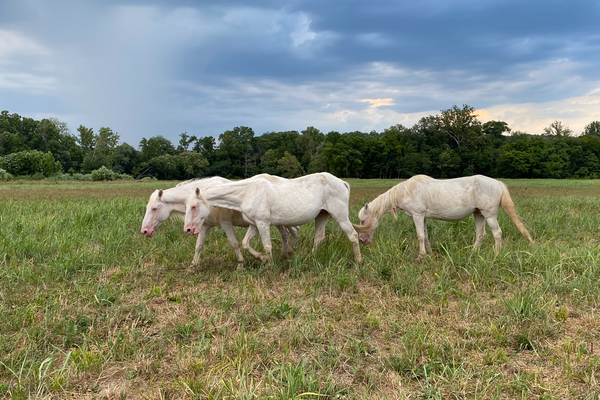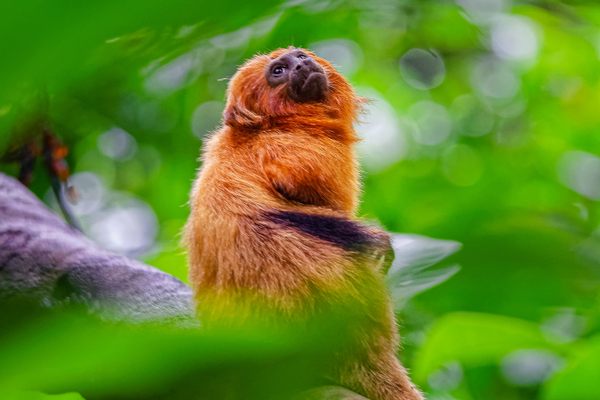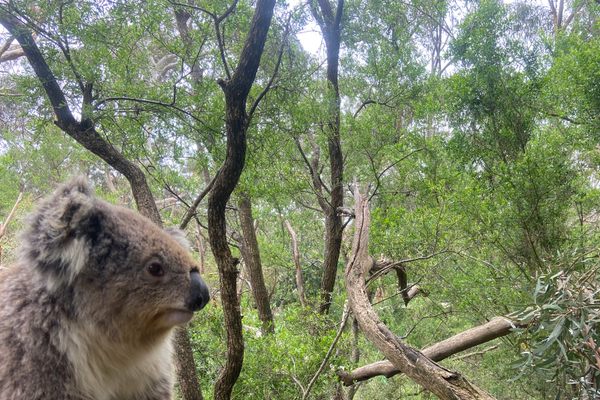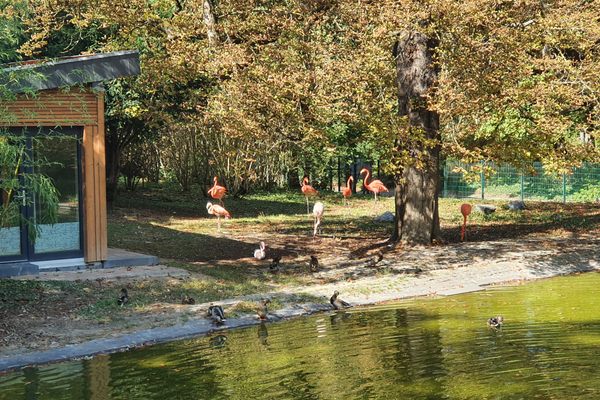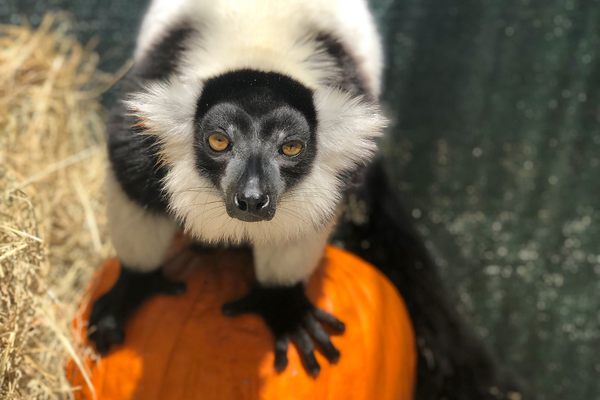About
The wonderfully weird pangolin is one of nature's oddities: the only known mammal to be covered in hard keratin scales, they live in trees, eat insects with a long sticky tongue, and roll into a spiny ball when threatened. Sadly, their peculiarities and rareness have put them in danger, and they are increasingly under threat in the wild.
Although protected under Cambodian law, the rare scaly anteater is endangered in the wild where it is poached for meat and for its scales. These nocturnal forest dwellers are mild mannered and slow, making them an unfortunately easy target.
Of the eight species of pangolin, two of them are considered endangered, including the Sunda, or Malay, Pangolin native to Southeast Asia. Their natural predators are tigers and other wild cats, but humans are the greatest danger to their long term survival. Pangolin meat is valued in parts of Asia as an exotic dish, fetching high prices in the black market. Its scales are ground up and used as an aphrodisiac.
While no one knows the exact extent of the black market trade, in 2013 a Chinese ship containing 10,000 kilograms of pangolin meat ran aground in a protected coral reef in the Philippines, giving some sense of the vast scale of the market.
The sanctuary at Phnom Tamao Zoological Park opened in 2012 to protect and provide sanitary for animals no longer able to get by in the wild, often found injured by hunter's traps.
To raise awareness of the plight of the pangolin, World Pangolin Day is celebrated on the third Saturday in February.
Related Tags
Published
November 20, 2013
Sources
- http://www.dw.de/sanctuary-saves-anteaters-maimed-by-poachers/a-16627049
- http://en.wikipedia.org/wiki/Sunda_pangolin
- http://www.asialifemagazine.com/cambodia/pangolin-rehabilitation-centre/
- https://www.facebook.com/WorldPangolinDay
- http://www.theguardian.com/environment/2013/apr/15/chinese-vessel-philippine-reef-illegal-pangolin-meat
- https://www.facebook.com/pg/PTWRC/about/














